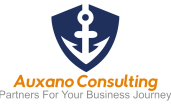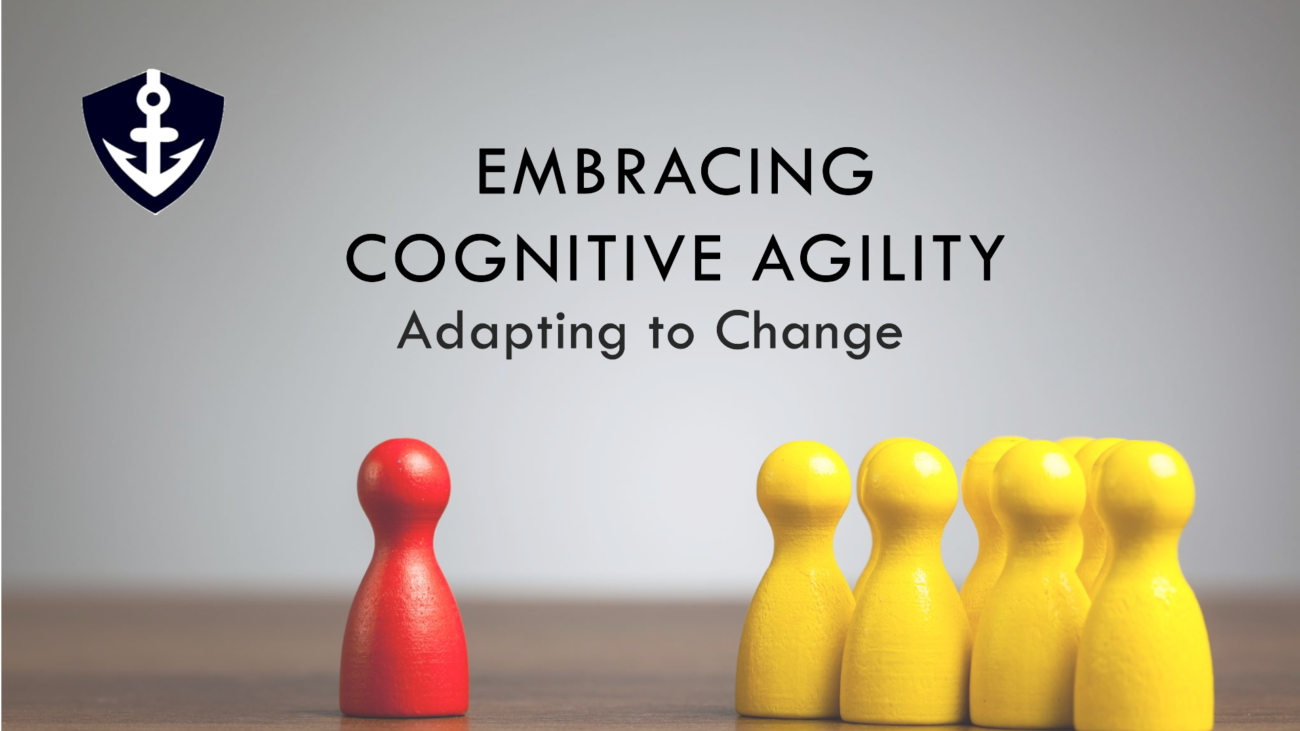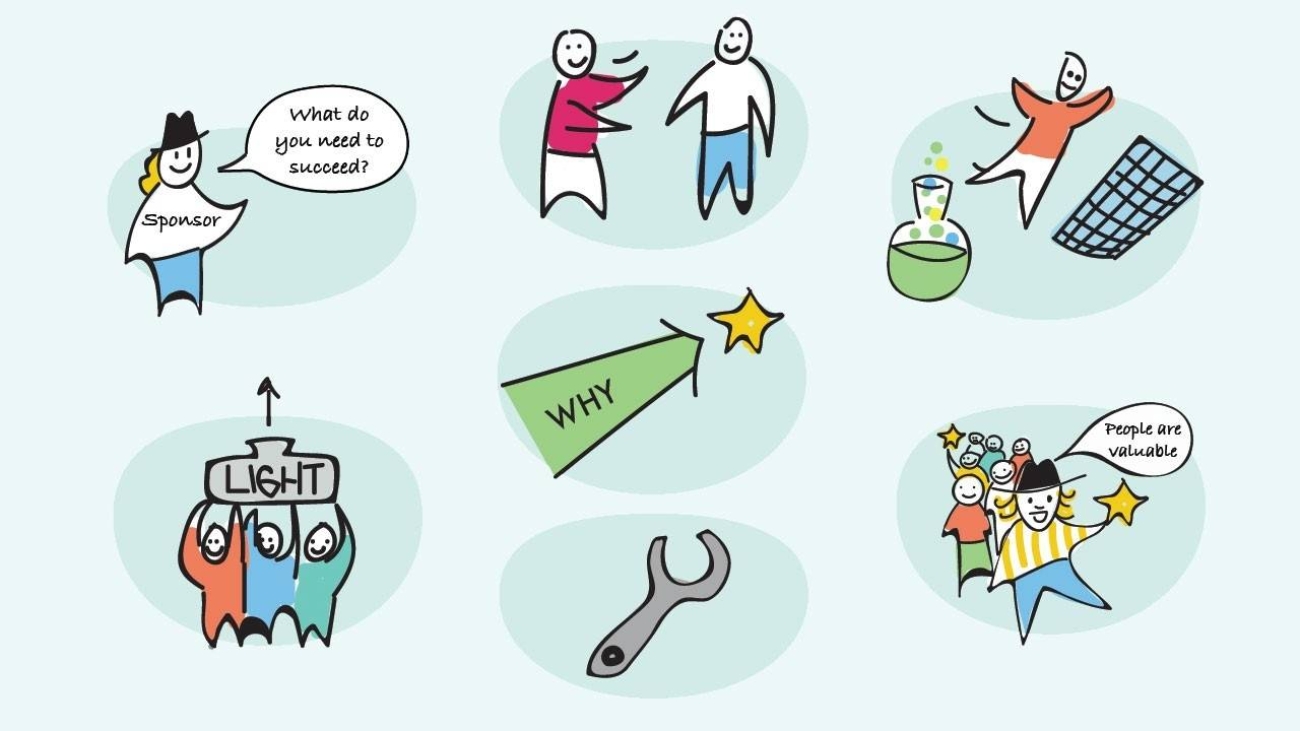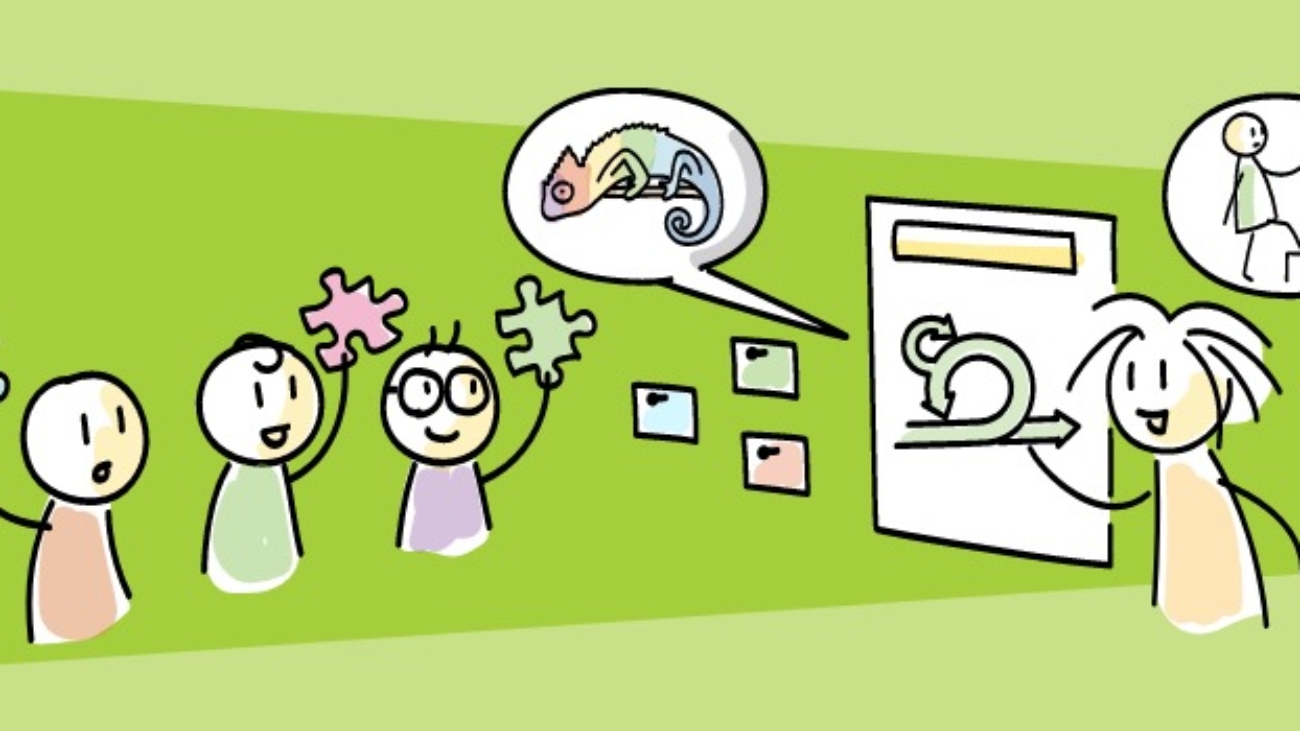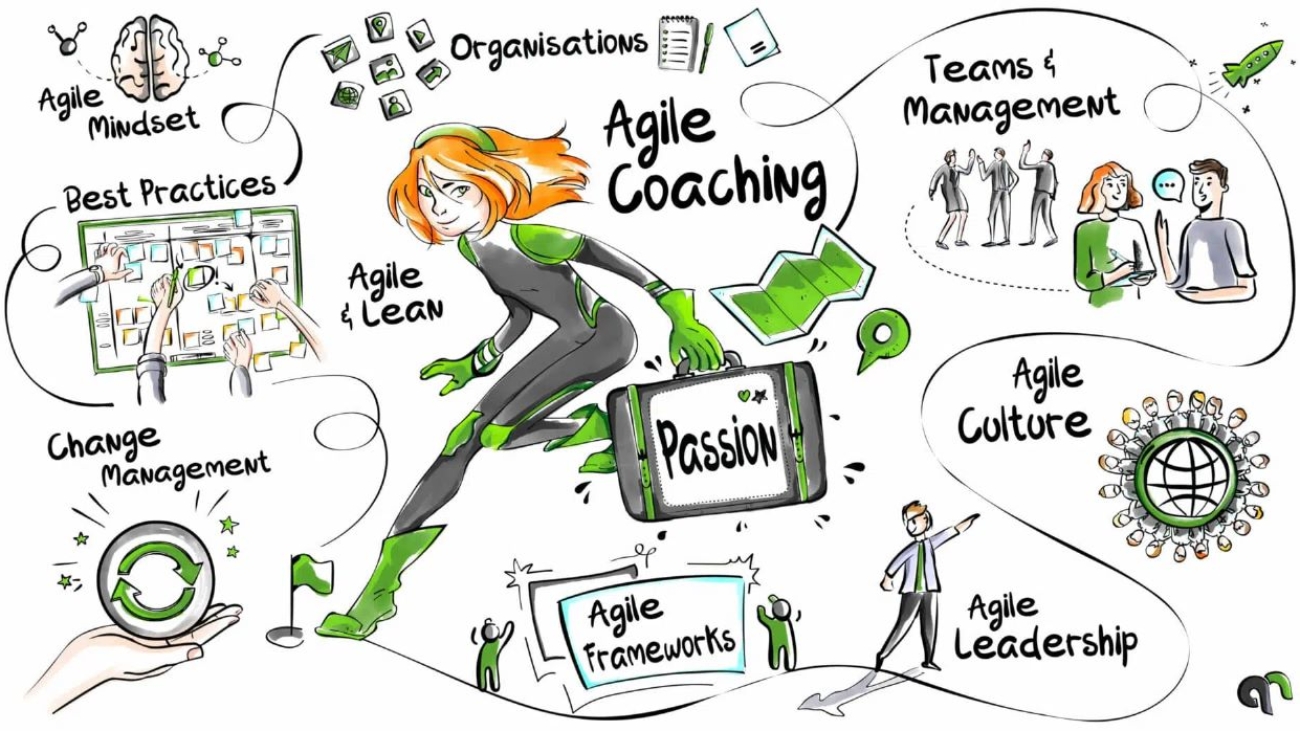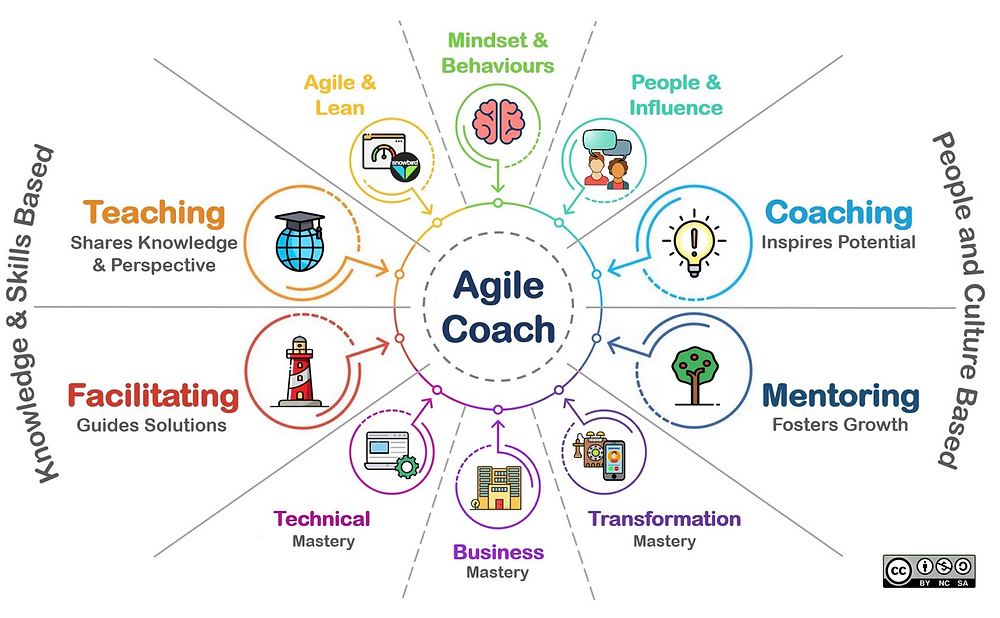The business landscape is no longer a predictable terrain. Globalization, technological advancements, and evolving consumer demands create a constant state of flux. In this dynamic environment, companies need more than just strategic plans; they need adaptable workforces capable of thriving amidst change. This is where cognitive flexibility comes in.
What is Cognitive Flexibility?
Cognitive flexibility refers to the brain’s ability to switch between mental sets, adapt thinking patterns, and generate creative solutions. Think of it as your brain’s agility – its ability to adjust its approach based on new information or situations. It may help
- Shift perspectives: See problems from multiple angles and consider alternative solutions.
- Learn new skills: Embrace continuous learning and stay updated with industry trends.
- Adjust strategies: Adapt existing plans based on new information or unexpected developments.
- Embrace innovation: Be open to new ideas and experiment with unconventional approaches.
Why is Cognitive Flexibility Important in the Corporate World?
Here are some strategies to nurture a culture of cognitive flexibility within your company:
- Problem-solving: When faced with unexpected challenges or market disruptions, a cognitively flexible workforce can readily explore alternative solutions and identify innovative approaches.
- Navigating Change: The ability to adapt to new technologies, processes, or even leadership styles is essential for organizational progress. Cognitive flexibility fosters a culture of learning and continuous improvement.
- Enhanced Creativity: When employees aren’t confined to rigid thought patterns, they’re more likely to generate creative ideas and develop innovative solutions to complex problems.
- Improved Collaboration: Cognitive flexibility allows individuals to see things from different perspectives, fostering better communication and collaboration within teams.
- Increased Resilience: Change can be disruptive. However, employees with cognitive flexibility are better equipped to handle uncertainty and bounce back from setbacks.
Developing Cognitive Flexibility in Your Workforce:
So, how can you cultivate a workforce that thrives on change? Here are some strategies:
- Encourage a Growth Mindset: Promote the belief that skills and abilities can be developed, not just innate traits.
- Cross-training and Upskilling: Provide opportunities for employees to learn new skills and broaden their knowledge base.
- Embrace Experimentation: Create a safe space for employees to experiment with new ideas, even if they fail.
- Diverse Teams: Foster a work environment with diverse backgrounds and perspectives.
- Challenge Assumptions: Encourage questioning the status quo and exploring alternative approaches.
- Reward Adaptability: Recognize and reward employees who demonstrate the ability to adapt to change.
The Future of Work:
The Rise of Automation: While automation will take over many routine tasks, it opens a new chapter in human-machine collaboration. Cognitive flexibility will be critical for employees to:
- Work alongside AI: Identify situations where AI can be most beneficial, interpret data outputs, and collaborate with AI systems to make optimal decisions.
- Upskill and Reskill: Develop new skill sets that complement automation, such as critical thinking, creative problem-solving, and complex communication.
- Adapt to Job Evolution: Embrace continuous learning to adapt to job roles that shift in response to automation, potentially requiring different skill sets and approaches.
The Skills Gap: As cognitive flexibility becomes a sought-after skill, a mismatch between employee skills and employer needs might emerge. Organizations can bridge this gap by:
- Conducting Skills Assessments: Evaluate current workforce capabilities and identify areas where cognitive flexibility needs strengthening.
- Developing Training Programs: Invest in workshops on critical thinking and problem-solving from various angles. Real-world simulations let employees practice adapting to challenges. Training modules that introduce new information keep employees learning and agile.
- Promoting Continuous Learning: Encourage a culture of lifelong learning by offering access to online courses, conferences, and other resources that promote intellectual growth and adaptability.
Building a Future-Proof Organization:
In a world defined by constant change, cognitive flexibility is no longer a luxury; it’s a necessity. By fostering a culture of adaptability and equipping your workforce with the tools to navigate change effectively, you can create a future-proof organization poised for sustained success.
Want to learn more about the benefits of cognitive flexibility? Connect with Linnet Dave, Auxano’s Director and Executive coach on linnet@auxano-consulting.com or connect with her at +919820668179 if you need to get a customized learning Intervention done for your organization.
(Written by Vineeta, Feature Image sources and credits: AI Generated)
